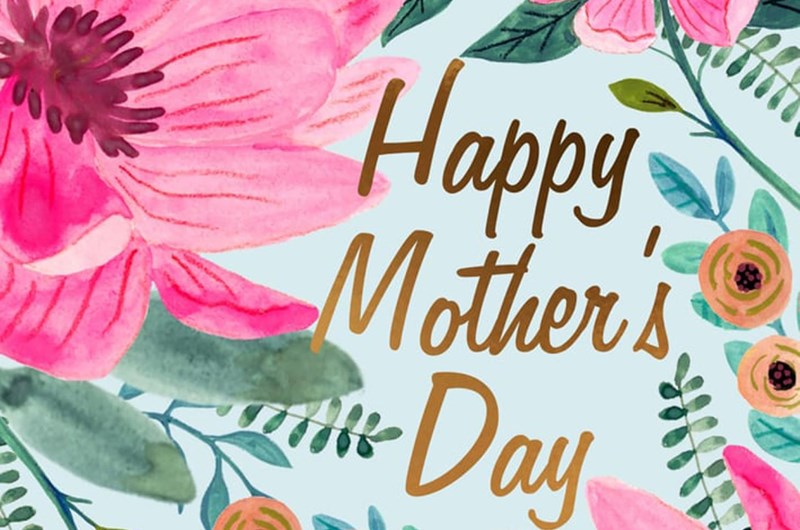
The headline slogan ‘Be brave. Make change’ is not a plea to the new Labor government from the Greens or Teal independents, although it would be an appropriate message to send. Rather it is the chosen theme for this year’s National Reconciliation Week that starts on 27 May and runs through to 3 June. This annual event provides an opportunity to learn about the histories, cultures and achievements of indigenous people, and the chance to explore how each of us can contribute to achieving reconciliation in Australia.
The apostle Paul uses the imagery of reconciliation and peace between estranged parties as one of the ways of understanding the death of Jesus. He argues that humanity was estranged from God – and from one another – but now God has acted decisively through the death of Jesus to bring both reconciliation and peace. This has not happened through human initiative or power, but rather through the gracious actions of God.
When we think of the often fractured relationships between indigenous people (the First Peoples of the land we call Australia) and later colonisers/settlers/immigrants (the Second Peoples), it is clear we have a lot of ground to catch up if there is to be true reconciliation and peace. A good start would be to listen deeply to each other. Indigenous people yearn for their voice to be heard, as expressed in the 2017 Uluru statement from the heart.
They want a voice to Parliament enshrined in the Constitution, a Makarrata (truth-telling) Commission and a treaty. Each of these requests will be challenging to implement and potentially costly for Second Peoples, but with a change in government, now is the time to act – to be brave and to make change. May God give our political leaders both the wisdom and the will to act, and all Australians the compassion and courage to respond positively.



